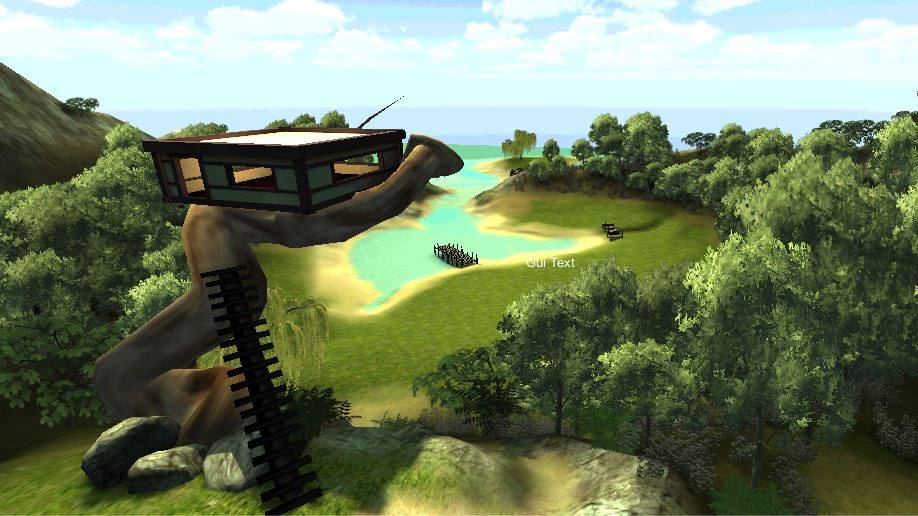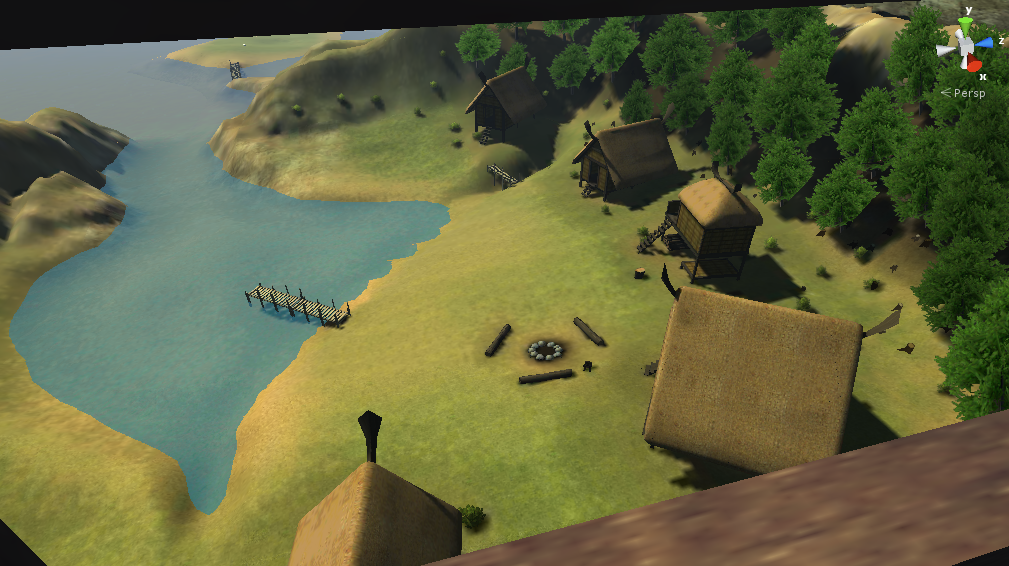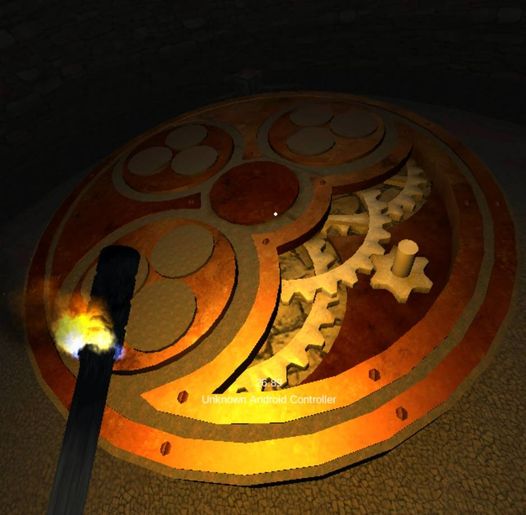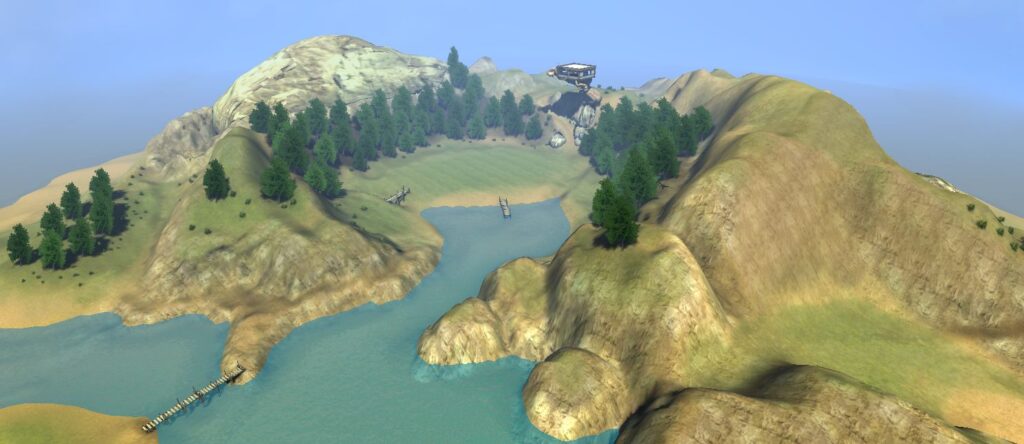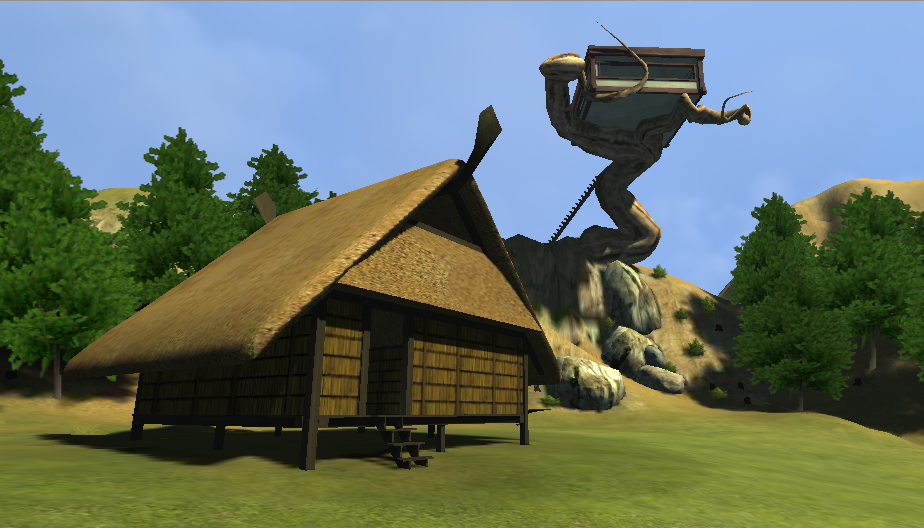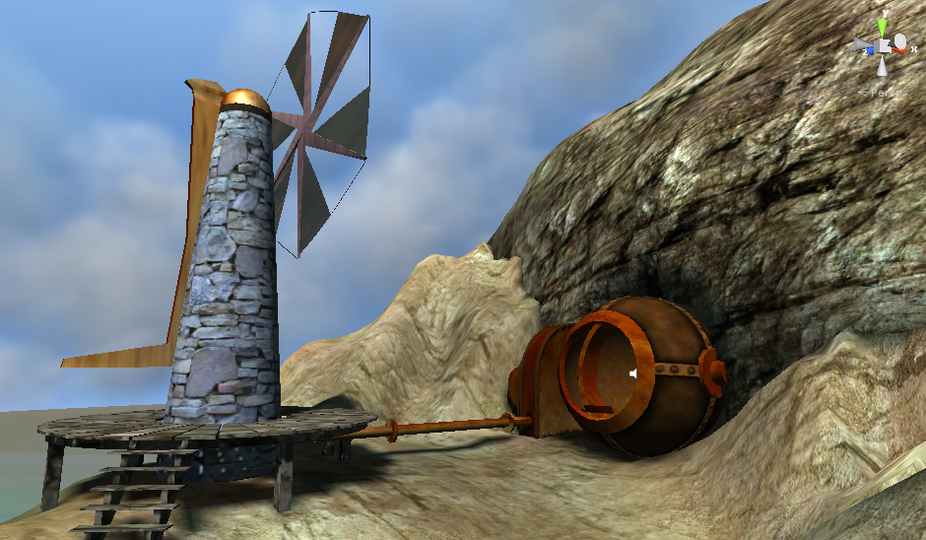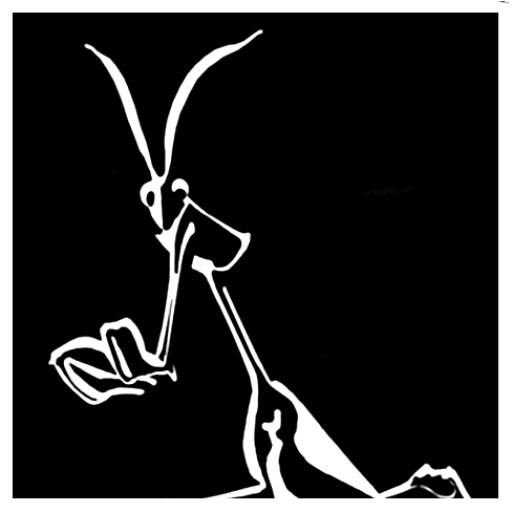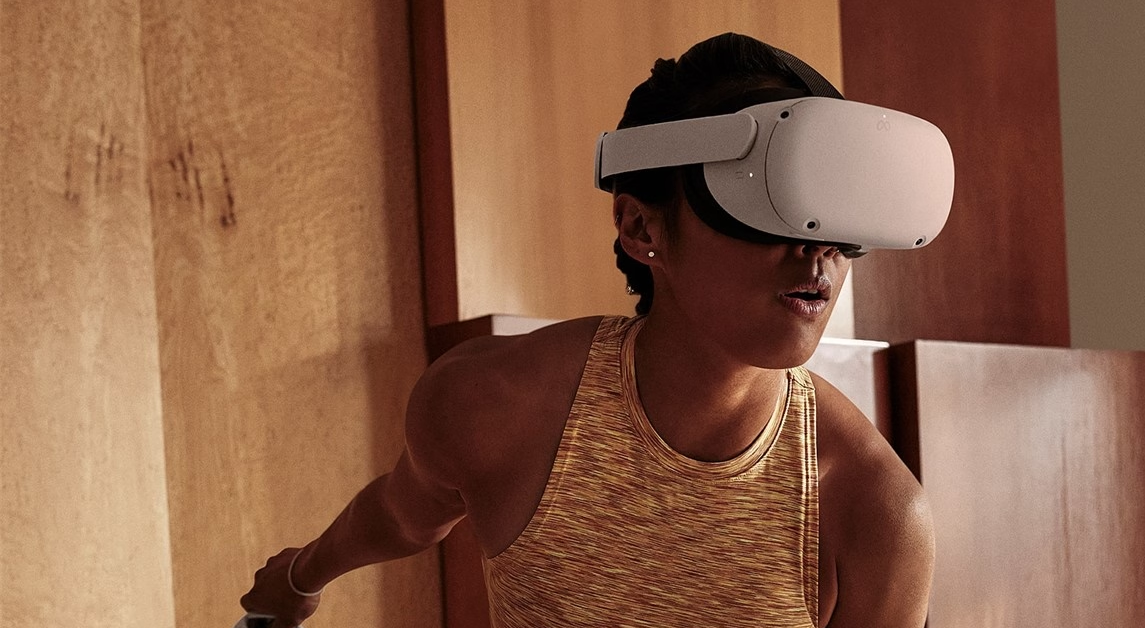Magnus House VR for Meta Quest 2 (2022)
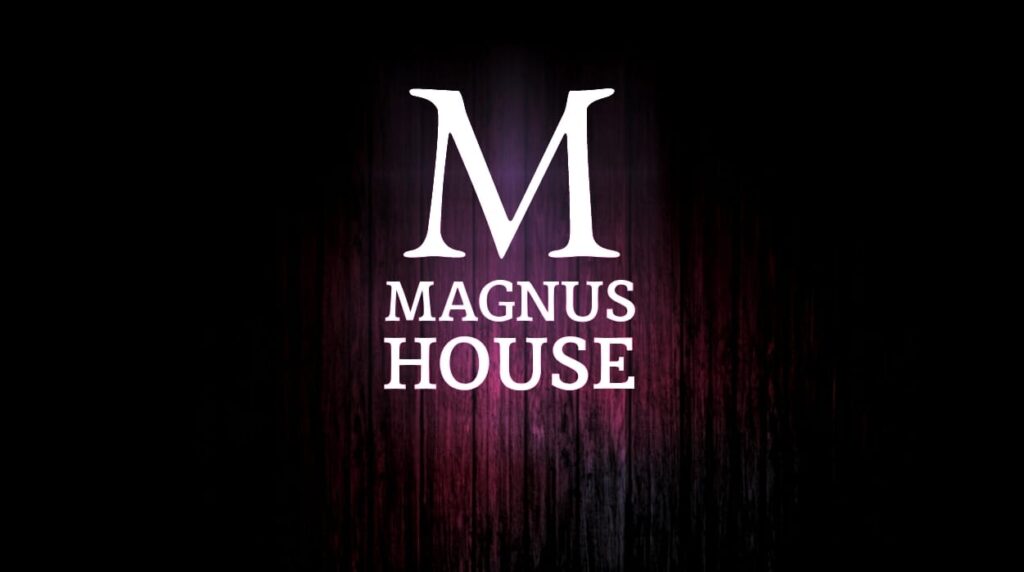
Magnus House is a VR randomly generated ghost hunting game that runs natively on the Meta Quest 2. It is the second VR game I have begun development on.
This is a personal project I started before applying to Leeds Beckett University, and was largely why I was accepted onto the Games Studies course based on prior learning.
Magnus House is a VR ghost hunting game similar to Phasmophobia, but inspired by board games such as Betrayal at House on the Hill.
It has many challenges, the main one being the limited hardware of the Quest 2 which means I have to use various optimisation techniques to reduce draw calls and maintain at least 72fps. Some of these techniques aren’t native features of Unity such as baking lightmaps into prefabs and occlusion culling for randomly generated scenes.
Below is a video presentation showing the current state of the development which I hope demonstrates the knowledge and skill I have acquired through self learning.
Myst-like VR Game for Google Cardboard (2014)
VR has always been my focus in game development.
In 2014, I got a Durovis Dive, which was a lot like Google Cardboard, and that made me want to develop a Myst-like game for Google Cardboard.
This project turned out to be too ambitious for the time. Both hardware and software weren’t at a level
that could support an open world game of that scale. I am still proud of everything I learned, and it has
been the foundation for my current learning.
Regardless, I got a fair way through it before abandoning the project. It was my first time using Unity, which I am now adept in.
